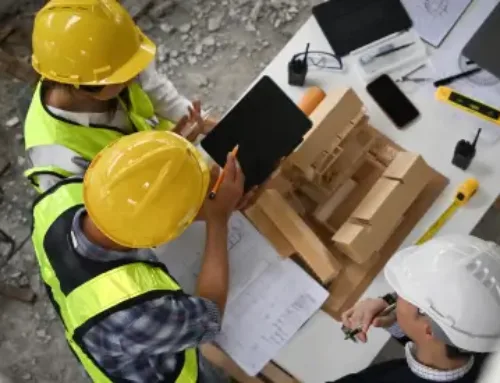What is Supplier Diversity?
In the rapidly evolving construction industry, staying competitive requires more than just adopting new technologies and improving operational efficiencies. One crucial, yet often overlooked, aspect is supplier diversity—a practice that can enhance innovation, community engagement, and overall project success. Supplier diversity includes businesses owned and operated by individuals from historically underrepresented or underserved groups in a company’s supply chain. To qualify as a diverse supplier, a business must generally be at least 51% owned and controlled by individuals from one or more minority groups.
Supplier diversity isn’t just about meeting diversity quotas or social responsibility—it’s a smart business strategy. The construction industry, in particular, benefits from a more inclusive approach to procurement.
Why is Supplier Diversity Important in the Construction Industry?
- Fostering Innovation Through Diverse Perspectives
The construction industry is known for its complexity, involving multiple stakeholders, intricate planning, and rigorous execution. Partnering with diverse suppliers introduces new perspectives and creative problem-solving approaches. Diverse businesses often bring unique solutions to challenges, helping drive innovation in project delivery, materials sourcing, and technology adoption. - Strengthening Local Communities
Many diverse suppliers are small businesses embedded within local communities. By engaging these suppliers, construction firms can create job opportunities, support local economies, and improve relationships with the communities in which they operate. This community-centered approach can lead to increased project buy-in and smoother collaborations. - Meeting Client and Regulatory Expectations
More public and private clients are incorporating diversity requirements into their projects. Government contracts, for instance, often come with specific targets for working with diverse suppliers. Partnering with MBEs, WBEs, and other diverse businesses can help construction companies meet these requirements, enhancing their ability to win new contracts and maintain compliance with regulations. - Enhancing Corporate Reputation and Brand Value
Demonstrating a commitment to diversity, equity, and inclusion (DEI) isn’t just good for internal culture—it’s also an essential component of a company’s public image. Construction companies that actively pursue supplier diversity are seen as forward-thinking, socially responsible, and inclusive, traits that can attract clients, investors, and top talent. - Boosting Supply Chain Resilience
Relying on a narrow group of suppliers can leave a construction company vulnerable to disruptions, especially during times of crisis. A more diverse supplier base enhances flexibility and reduces risk by offering access to alternative sources for goods and services. This resilience is particularly important in an industry where deadlines are tight and delays can be costly. - Creating Long-Term Business Relationships
Working with diverse suppliers can also lead to the establishment of long-term, mutually beneficial partnerships. These partnerships often promote loyalty and open doors to new opportunities for collaboration and growth, both for the construction company and the diverse suppliers themselves.
Conclusion
Supplier diversity is a powerful tool that can benefit both your business and the communities you serve. In the construction industry, where collaboration and innovation are key to success, working with diverse suppliers offers a strategic advantage that extends far beyond fulfilling social responsibilities. By embracing diversity, construction companies can improve project outcomes, strengthen supply chains, and contribute to a more inclusive economy.
Now is the time for the construction industry to take the lead in supplier diversity, building a future that is not only profitable but also equitable and sustainable.






